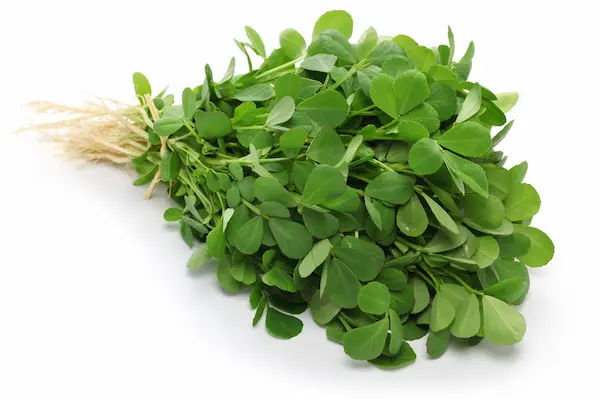Jaggery and Sugar: Key Differences Explained
Know what jaggery and sugar, differences between them. Learn about how jaggery has more benefits than sugar.

Written by
Last updated on 4th Aug, 2025

Introduction
When it comes to sweetening our food and drinks, sugar is often the first thing that comes to mind. But have you ever considered jaggery as a healthier alternative? While both are sweeteners, they differ in terms of nutrition, processing, and health benefits. Let’s explore the key differences between jaggery and sugar to help you make an informed choice.
What Are Jaggery and Sugar?
Jaggery and sugar are sweeteners. let's see in detail.
Jaggery
Jaggery, also known as gur in Hindi, is a traditional sweetener made from sugarcane juice or palm sap. It is unrefined, meaning it retains more natural nutrients compared to sugar. The process involves boiling the juice until it thickens and then cooling it into solid blocks.
Sugar
Sugar, on the other hand, is highly refined and processed from sugarcane or sugar beets. The refining process removes most of the natural minerals and vitamins, leaving behind pure sucrose.
Key Differences Between Jaggery and Sugar
Aspect
Jaggery
Sugar
Processing
Minimally processed, retains nutrients
Highly refined, stripped of nutrients
Color & Texture
Dark brown, sticky, solid block
White or brown, fine granules
Nutritional Value
Rich in iron, magnesium, and potassium
Mostly empty calories (no nutrients)
Glycemic Index (GI)
Lower GI (slower sugar release)
Higher GI (quick sugar spike)
Digestion
Easier on digestion, may aid metabolism
Can cause blood sugar spikes
Health Benefits
Boosts immunity, helps with anaemia
No significant health benefits
Health topic carousel:
Doctor speciality: Nutrition
Text: Consult a Top nutritionist for advice
Health Benefits of Jaggery Over Sugar
1. Rich in Nutrients
Jaggery contains essential minerals like iron, magnesium, potassium, and calcium, which are lost during sugar refining. These nutrients help in:
Improving haemoglobin levels (good for anaemia).
Supporting bone health.
Regulating blood pressure.
2. Better for Digestion
Jaggery stimulates digestive enzymes, helping with:
Relieving constipation.
Reducing bloating and acidity.
Detoxifying the liver.
3. Boosts Immunity
The antioxidants and zinc in jaggery help strengthen the immune system, making it beneficial during seasonal changes.
4. Regulates Blood Sugar (When Consumed in Moderation)
Unlike sugar, jaggery has a lower glycemic index (GI), meaning it releases sugar slowly into the bloodstream, preventing sudden spikes. However, diabetics should still consume it cautiously.
When Should You Avoid Jaggery?
While jaggery is healthier than sugar, it is still a form of sugar and should be consumed in moderation. People with:
Diabetes (consult a doctor before use).
Obesity or weight management issues.
PCOD/PCOS (excess sugar can worsen insulin resistance).
Tips for Using Jaggery Wisely
1. Replace sugar with jaggery in tea, coffee, or desserts.
2. Avoid excessive consumption—even natural sugars can add calories.
3. Choose organic, unadulterated jaggery for maximum benefits.
4. Pair with protein/fibre (like nuts or whole grains) to slow sugar absorption.
Final Thoughts: Which Is Better?
If you’re looking for a healthier sweetener, jaggery is a better choice than refined sugar due to its nutrient content and slower digestion. However, moderation is key—too much of any sweetener can lead to health issues.
For those managing diabetes or weight, it’s best to consult a nutritionist or doctor before making dietary changes.
Health topic carousel:
Doctor speciality: Nutrition
Text: Consult a Top nutritionist for advice




